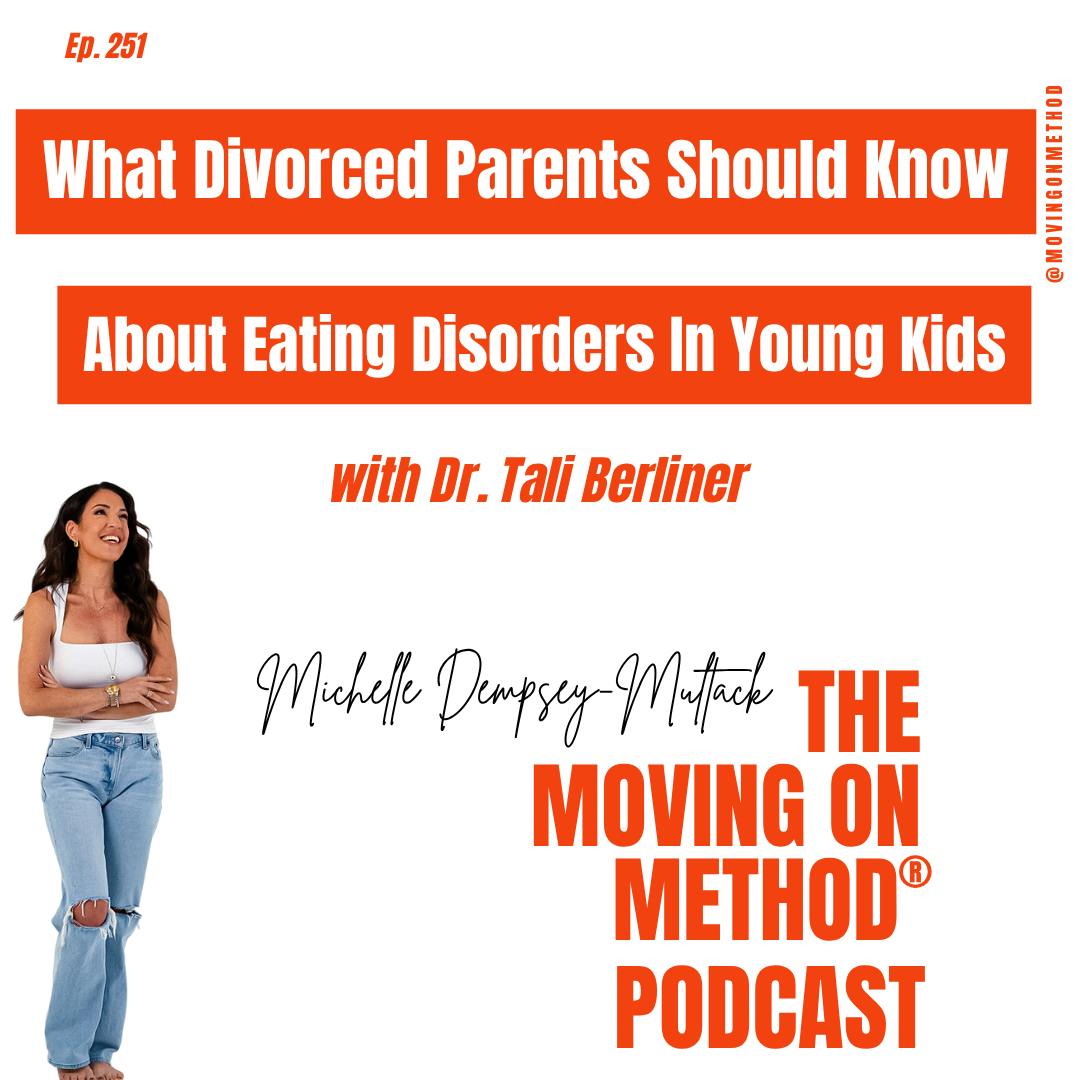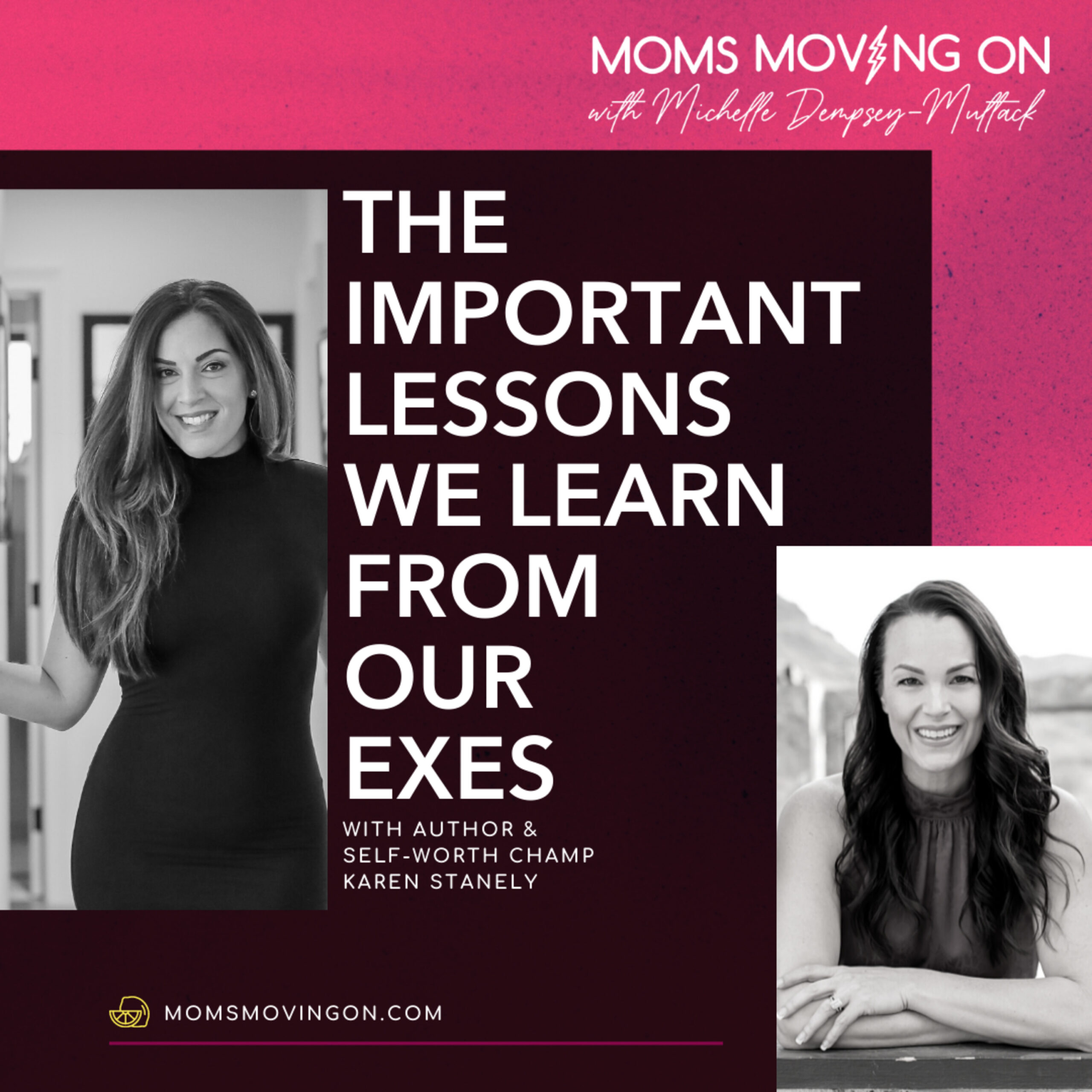How young is too young for an eating disorder?
Psychologist and eating disorder specialist Dr. Tali Berliner joins host Michelle Dempsey-Multack to explore why children as young as six are developing disordered eating patterns, and what divorced or co-parenting families need to know.
You’ll learn how emotional instability, conflicting routines, and control-seeking behavior in post-divorce households can fuel the early onset of body image issues and food-related anxiety.
Whether you’re raising boys, girls, or neurodivergent children, this episode offers clear, compassionate strategies for protecting your child’s mental and emotional health.
What You’ll Learn:
-
Why eating disorders are showing up earlier—and how divorce environments accelerate risk
-
What emotional and behavioral signs to watch for in children (that often go unnoticed)
-
The role of emotional safety, food freedom, and consistency across two home
How to talk about food and body image without reinforcing diet culture or shame
The growing prevalence of eating disorders in boys and what makes them different
Episode Chapters & Highlights:
03:18 – Why eating disorders are increasing in young children post-COVID
07:45 – How emotional control and instability contribute to disordered eating
13:02 – What not to say to kids about food and their bodies
19:10 – Red flags parents often miss: picky eating, food rituals, and body talk
25:50 – How to support healthy habits without control or fear-based parenting
30:11 – Eating disorders in boys: what’s different and why it matters
35:02 – Dr. Berliner’s advice to parents: “You can be your child’s safest place”
About The Guest:
Dr. Tali Berliner is a licensed psychologist specializing in eating disorders, anxiety, and trauma. With a deep focus on children, adolescents, and family systems, she helps parents create emotionally regulated, harm-reducing environments where kids can thrive—especially after divorce or disruption.
Tools & Concepts Mentioned:
-
“All Foods Fit” model
-
Food Freedom Parenting
-
Protective Buffering in Co-Parenting
-
Body neutrality language for children
-
Trauma-informed intervention for early-onset eating disorders
Closing Insight:
“You can’t always control what happens in the other household—but you can create safety, trust, and consistency in your own. And that makes all the difference.”
If this conversation resonated with you, please share it with another parent, coach, or caregiver who may need to hear it. And don’t forget to leave a review—it helps this podcast reach the families who need it most.
Find our more about how to build resilient children after divorce, or get one-on-one coaching from Michelle
Subscribe to our YouTube Channel
Subscribe on Spotify
Learn more about your ad choices. Visit megaphone.fm/adchoices




